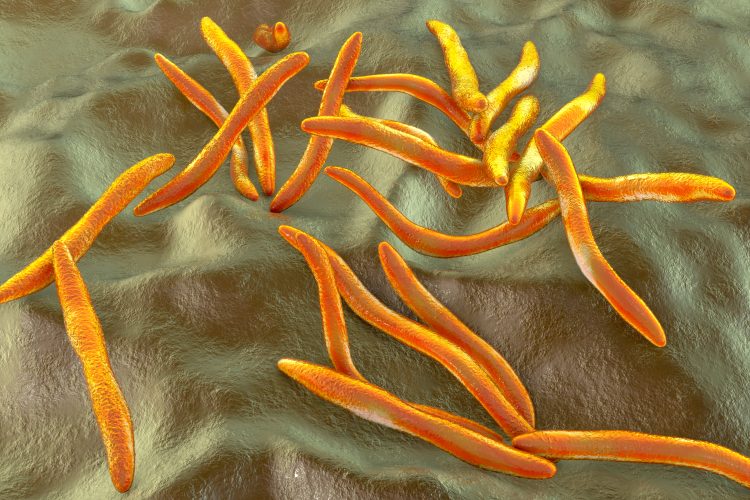Exact bacterial lineage associated with colorectal cancer pinpointed
Posted: 21 March 2024 | Drug Target Review | No comments yet
Researchers have discovered two distinct lineages of Fusobacterium nucleatum, which has great implications for colorectal cancer screening and therapeutics.


Researchers at Fred Hutchinson Cancer Center have measured the levels of Fusobacterium nucleatum in colorectal cancer tumours and discovered that in 50 percent of cases, this bacterium was elevated in the tumour tissue compared to healthy tissue. Also, it was found in higher numbers in stool samples from colorectal cancer patients, compared to healthy people. Therefore, these results could lead to improved early screening methods and therapeutic approaches for colorectal cancer.
According to the American Cancer Society, colorectal cancer is the second most common cause of adult cancer death in the US. Dr Susan Bullman, co-corresponding study author and Fred Hutch cancer microbiome researcher, commented: “We’ve consistently seen that patients with colorectal tumours containing Fusobacterium nucleatum have poor survival and poorer prognosis compared with patients without the microbe…Now we’re finding that a specific subtype of this microbe is responsible for tumour growth. It suggests therapeutics and screening that target this subgroup within the microbiota would help people who are at a higher risk for more aggressive colorectal cancer.”
The team aimed to elucidate how the microbe moves from its typical environment of the mouth to a distant site in the lower gut and how it contributes to cancer growth. Notably, the predominant group of Fusobacterium nucleatum in colorectal cancer tumours, thought to be a single subspecies, is composed of two distinct lineages known as clades.
“This discovery was similar to stumbling upon the Rosetta Stone in terms of genetics,” Dr Christopher Johnston, co-corresponding author and Fred Hutch molecular microbiologist, explained. “We have bacterial strains that are so phylogenetically close that we thought of them as the same thing, but now we see an enormous difference between their relative abundance in tumours versus the oral cavity.”
The scientists separated the genetic differences between the clades and saw that the tumour-infiltrating Fna C2 type had acquired 195 distinct genetic traits. This indicated that it could travel from the mouth to the stomach, withstand the highly acidic stomach environment, and grow in the lower gastrointestinal tract.
By comparing tumour tissue with healthy tissue from patients with colorectal cancer, the team observed that only the subtype Fna C2 is greatly enriched in colorectal tumour tissue and is responsible for colorectal cancer growth. Further molecular analyses of two patient cohorts, including over 200 colorectal tumours, revealed the presence of this Fna C2 lineage in approximately 50 percent of cases.
Fna C2 levels in hundreds of stool samples from people with and without colorectal cancer were consistently higher in colorectal cancer patients. “We have pinpointed the exact bacterial lineage that is associated with colorectal cancer, and that knowledge is critical for developing effective preventive and treatment methods,” Dr Johnston added.
The findings offer significant opportunities for developing microbial cellular therapies.
This study was published in Nature.
Related topics
Cancer research, Microbiome, Screening, Therapeutics
Related conditions
Cancer Research, Colorectal cancer
Related organisations
Fred Hutchinson Cancer Center








